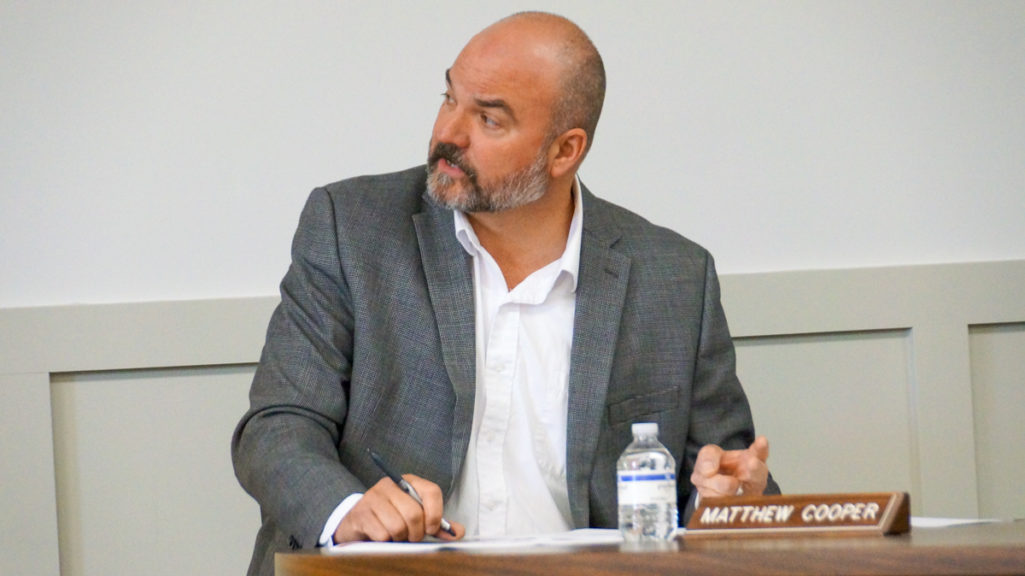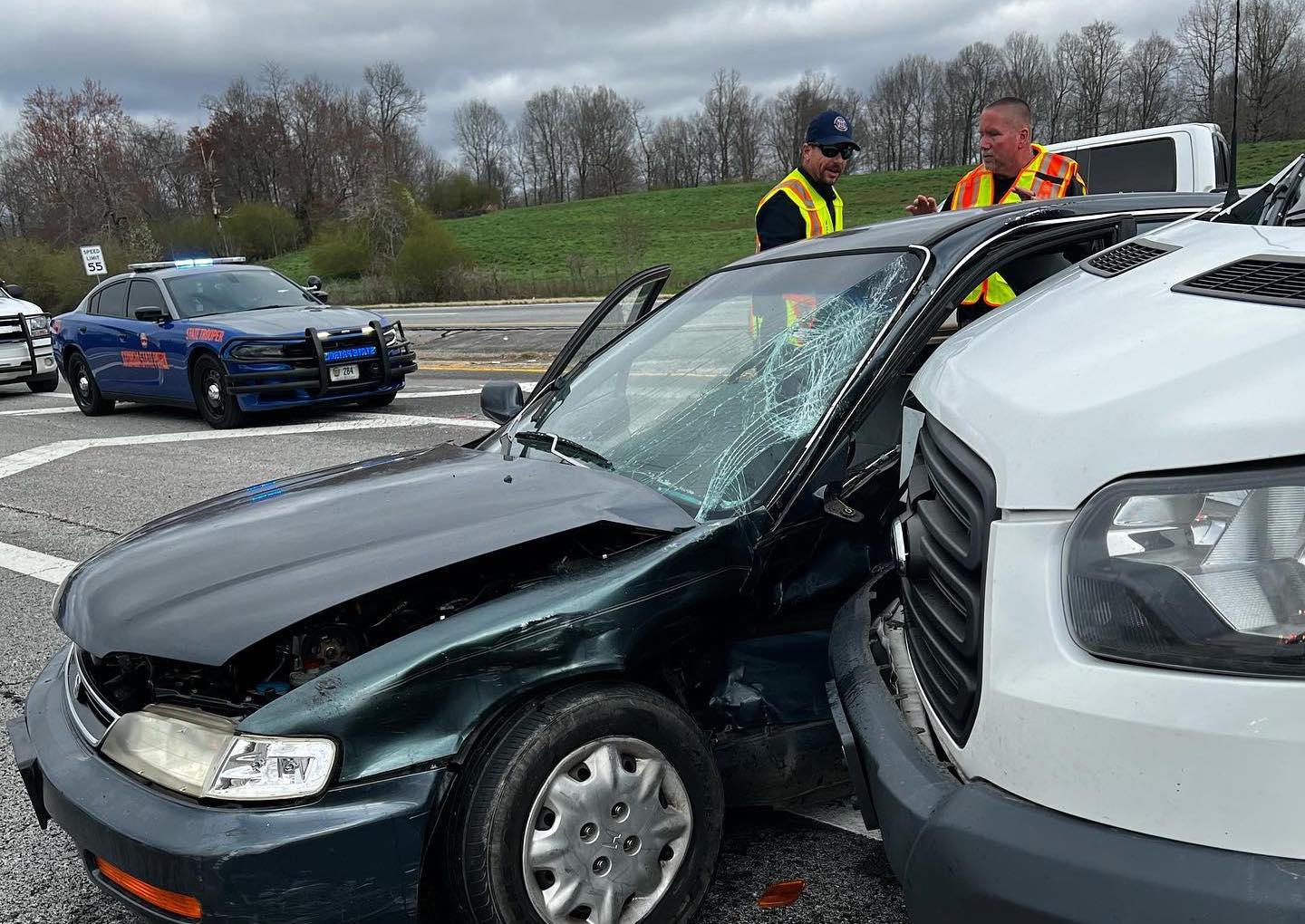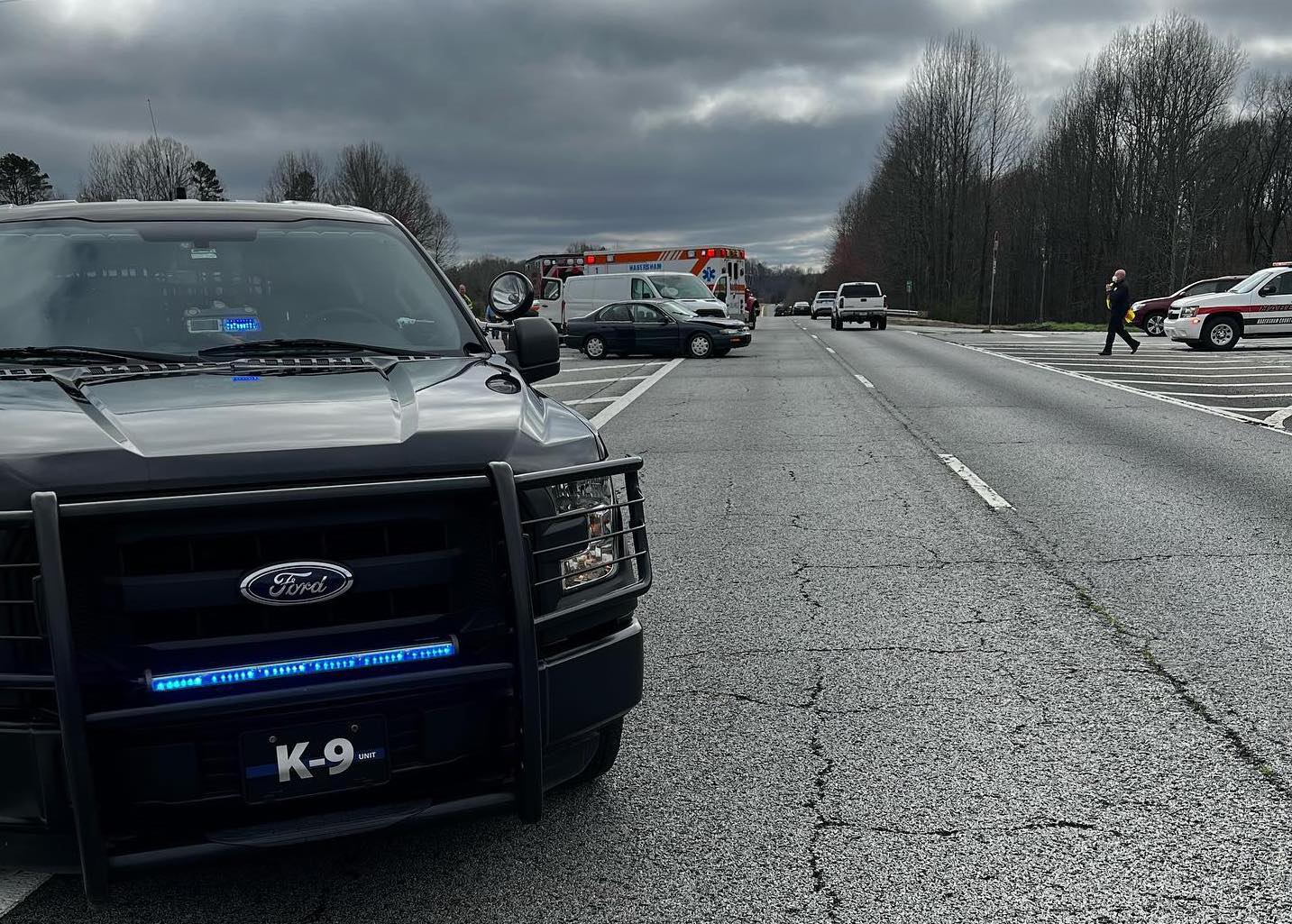ESPLOST 6, which is coming to the ballot this May, is bigger than ESPLOST 5 with the school system hoping to raise a total of $59 million in sales tax revenue— $24 million more than the ESPLOST passed five years ago.
The Habersham County Board of Education discussed the upcoming ESPLOST vote at their Thursday work session. The superintendent and board say that this year’s ESPLOST could bring the school system to be debt-free by the end of the five-year sales tax and better prepare the school system for growth.
What is ESPLOST?
Georgia enacted ESPLOST in 1996, giving school districts in the state the opportunity, with voter approval, to adopt a 1 percent sales tax with revenue earmarked for capital outlay. ESPLOST 5, which was to raise $35 million for Habersham’s schools, expires at the end of this year.
While the school board presents ESPLOST 6 as a renewal, every ESPLOST is a separate tax measure that can last up to five years. If approved by voters, Habersham County’s current 7 percent sales tax rate would remain the same: If voted down, the county’s sales tax rate would drop to 6 percent.
The county’s board of education maintains that the tax keeps property taxes low for residents. Over half of the ESPLOST 5 budget covered bond payments to pay off Habersham Central High School, renovations to the Habersham Ninth Grade Academy and Fairview Elementary to the tune of $14.8 million.
“What would our school system be like without ESPLOST?” Habersham Schools Superintendent Matthew Cooper asked. “That $14.8 million would have been paid by property owners. That’s me, that’s every board member, that’s some of you in the room, we would have paid that amount of money out of our property taxes. All of it would have been paid by us property owners.”
Less than half— about 44 percent— of the ESPLOST 6 proposed budget would be allocated to paying off those bonds. Cooper says that after ESPLOST 6, the school system would be completely debt-free.
BOE and superintendent’s support
Cooper also says that the majority of the upgrades the school system has seen is because of ESPLOST, from replacing old buses, end-of-life technology and software and school renovations, to being able to afford specialized staff and teachers due to ESPLOST offsetting other costs. Cooper even went on to say that Hazel Grove Elementary and Woodville Elementary wouldn’t exist without ESPLOST funds. He says without ESPLOST, the school system would have had to close and consolidate those schools to save money in their general budget.
Board of Education Chairman Russ Nelson says that while the upgrades might just seem like nice things, many of the upgrades, like the Chromebooks the school purchased, were mandated by the government to have online testing available to all students. Cooper says without ESPLOST, the system would have had to cut staff to afford the purchases.

“The only way we could have [gotten] that technology [without ESPLOST] is we’d have to eliminate a bunch of teachers,” Cooper said. “We wouldn’t have our mental health specialists. We probably couldn’t afford to have resource officers . . . my point is, without ESPLOST, this school system would look very different.”
Future growth
The last time the board met and discussed ESPLOST, Cooper teased that ESPLOST 6 would set aside specific funds to prepare for growth in Habersham Schools. He presented some of those plans to the board Thursday.
Cooper says the system is preparing for population growth, as well as the growth of student needs. He says with the growing population in Habersham County, the schools will need more classrooms, and there will be greater demand for preschool and special education programs.
The ESPLOST has a total of $15 million allocated to potentially building an “early learning center” for preschool students and preschool students with special needs, as well as adding more classrooms to the system’s elementary and middle schools.
Cooper says that the high school was built with growth in mind, and is on track to meet the needs of a growing student population.
While specifics of the plan, like project costs and growth calculations, haven’t been laid out yet, Cooper says that they’ll dive into the data and finances of the plan at a later date.


















